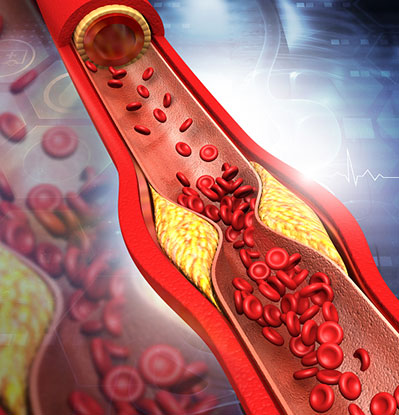Is My Chest Pain Serious?

August 01, 2023
The experience of chest pain is alarming—but it is common. Chest pain is responsible for more than 8 million emergency department (ED) visits every year in the United States, according to the National Institutes of Health, making it the second most common reason people go to the ED.
Chest pain can be associated with a myriad of medical conditions other than a heart attack, says James Orlando, M.D., a cardiologist at Jersey Shore University Medical Center.So how do you know when chest pain is serious?
Causes of Chest Pain
While chest pain can be a tell-tale sign of a heart attack, it can also be a symptom of various other issues including:
- Acid reflux
- Gallstones
- Muscle strain
- Panic attack
- Asthma
- COVID-19
- Peptic ulcers
- Pulmonary embolism
Chest pain can also be a sign of serious heart conditions other than heart attack, including:
- Myocarditis
- Aortic dissection
Noncardiac Chest Pain
Chest pain is different from person to person, so it can be difficult for an untrained person to determine the situation is serious based on the chest pain alone.
However, you are most likely NOT experiencing chest pain due to a heart problem if:
- The pain recedes after a few moments.
- The pain occurs when you make particular movements.
- The pain is localized to one spot.
- The pain happens during deep breaths or coughing.
“But if you commonly experience chest pain, even in passing, you should follow up with your doctor because you may need medical attention even if it isn’t life-threatening,” Dr. Orlando says.
When to Go to the Emergency Department or Call 911
You should seek immediate medical attention if you experience prolonged and/or intense chest pain. You should also receive emergency care if you have any of the following in conjunction with chest pain:
- Shortness of breath
- Pain in the arms, shoulders, neck, back, or jaw
- Irregular heartbeat
- Feelings of squeezing, tightness or crushing
- Sweating
- Lightheadedness, dizziness or confusion
- Nausea/vomiting
- Weakness
“Remember that, while chest pain may not mean a heart attack, it could be another serious condition that could have severe consequences. So if the chest pain is acute or presenting with any other symptoms, seek help,” Dr. Orlando says. “Also, people experience heart attacks differently. So just because you aren’t experiencing all of the symptoms listed here, or your symptoms are different than what someone else who had a heart attack felt, that doesn’t mean that you aren’t having a cardiac event.”
When in Doubt?
If you experience chest pain and are unsure of its cause, do not ignore it. Even if it turns out to not be serious, it’s always better to be cautious. And even noncardiac chest pain causes may be something that needs to be addressed before it turns into a more serious problem.
Next Steps & Resources:
- Meet our source: James Orlando, M.D.
- To make an appointment with a cardiologist near you, call 800-822-8909 or visit our website.
- Schedule a heart screening today.
The material provided through HealthU is intended to be used as general information only and should not replace the advice of your physician. Always consult your physician for individual care.







